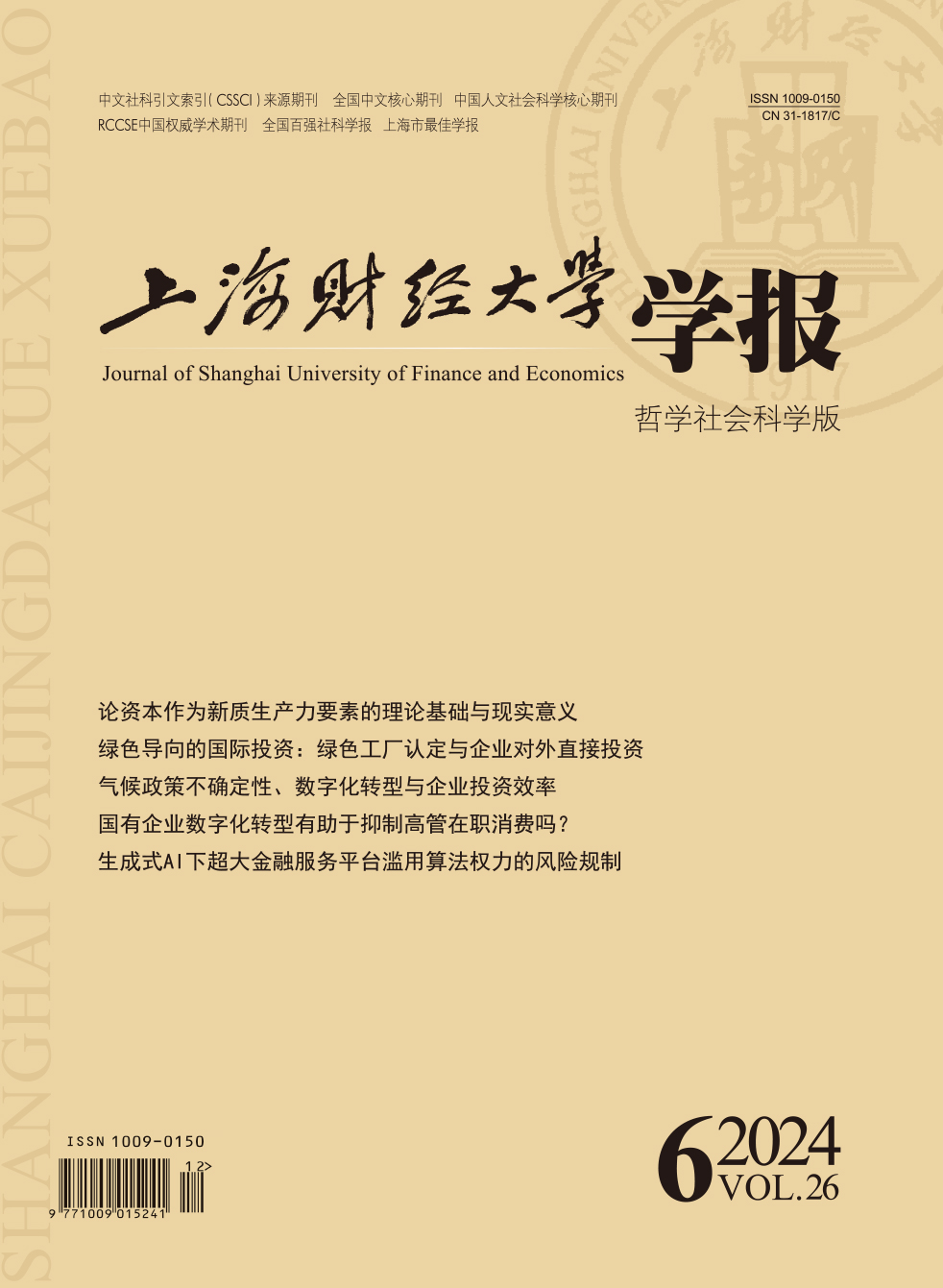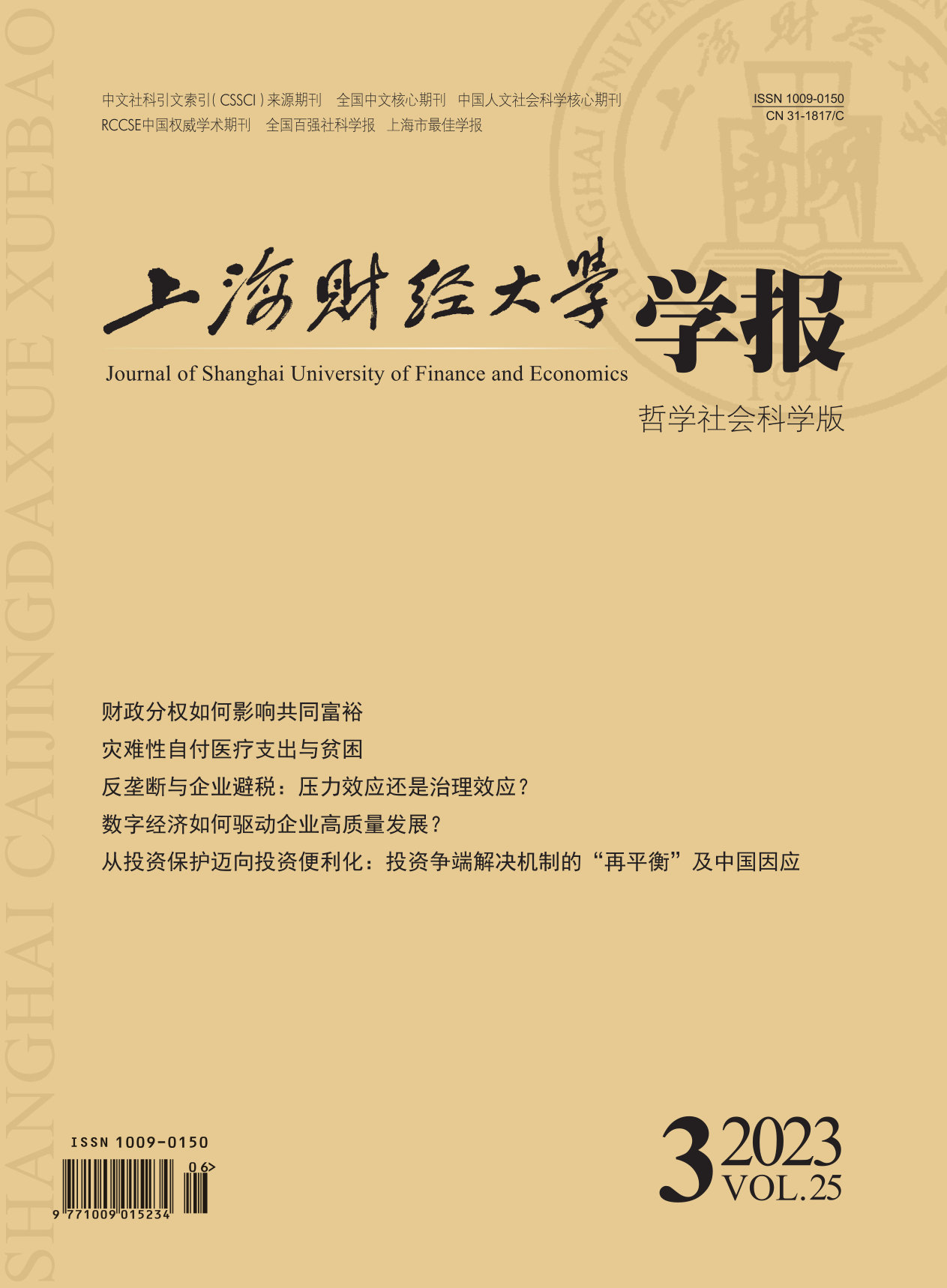Anti-monopoly is an important measure to ensure that the market plays a role in resource allocation. This paper attempts to understand the potential impact of anti-monopoly from the perspective of corporate tax avoidance. In theory, anti-monopoly has two possible effects on corporate tax avoidance. On the one hand, anti-monopoly will increase the operational risks of monopolistic enterprises and enhance their willingness to avoid taxes; on the other hand, anti-monopoly will strengthen the governance role of market competition and suppress tax avoidance by enterprises. With the help of a quasi-natural experiment based on the Anti-monopoly Law, this paper finds that after the implementation of the Anti-monopoly Law, the degree of the tax avoidance of monopolistic enterprises significantly increases. Mechanism testing shows that the Anti-monopoly Law reduces the profitability of monopolistic enterprises, exacerbates their operational risks, and thus affects their degree of tax avoidance. Further analysis shows that the impact of the Anti-monopoly Law on corporate tax avoidance is more significant in regions with weaker government intervention, enterprises with poorer internal and external financing capabilities, and non-state-owned enterprises. Finally, the Anti-monopoly Law has increased the cash holding level and debt financing costs of enterprises, and weakened the commercial credit obtained by enterprises. This paper may have the following contributions: First, by utilizing the exogenous impact of the implementation of the Anti-monopoly Law to analyze the impact of market competition strengthening on the tax avoidance behavior of monopolistic enterprises, this paper avoids the endogeneity problem of using the Herfindahl index to characterize the degree of competition among enterprises in previous studies. Second, unlike existing literature that focuses on the impact of anti-monopoly governance on corporate investment and financing behavior, this paper examines it from an interesting and important perspective of tax avoidance, which helps to more comprehensively evaluate the implementation consequences of the Anti-monopoly Law. Third, this paper identifies the potential negative impact that the implementation of the Anti-monopoly Law may have. That is, monopolistic enterprises will increase tax avoidance to alleviate cash flow pressure after losing their competitive advantages, which will be detrimental to the government’s fiscal revenue. Therefore, in the process of promoting anti-monopoly, the government needs to strengthen the tax supervision of monopolistic enterprises. In addition, monopolistic enterprises should actively respond to market competition and avoid negative tax avoidance behavior by enhancing their competitiveness, including improving product quality, optimizing corporate governance, and exploring new markets.
 / Journals / Journal of Shanghai University of Finance and Economics
/ Journals / Journal of Shanghai University of Finance and EconomicsJournal of Shanghai University of Finance and Economics
LiuYuanchun, Editor-in-Chief
ZhengChunrong, Vice Executive Editor-in-Chief
GuoChanglin YanJinqiang WangWenbin WuWenfang, Vice Editor-in-Chief
Anti-monopoly and Corporate Tax Avoidance: Pressure or Governance?
Journal of Shanghai University of Finance and Economics Vol. 25, Issue 03, pp. 64 - 77 (2023) DOI:10.16538/j.cnki.jsufe.2023.03.005
Summary
References
Summary
Cite this article
Niu Yuhao, Zhang Wenting. Anti-monopoly and Corporate Tax Avoidance: Pressure or Governance?[J]. Journal of Shanghai University of Finance and Economics, 2023, 25(3): 64-77.
Export Citations as:
For
ISSUE COVER
RELATED ARTICLES




 5671
5671  2768
2768

